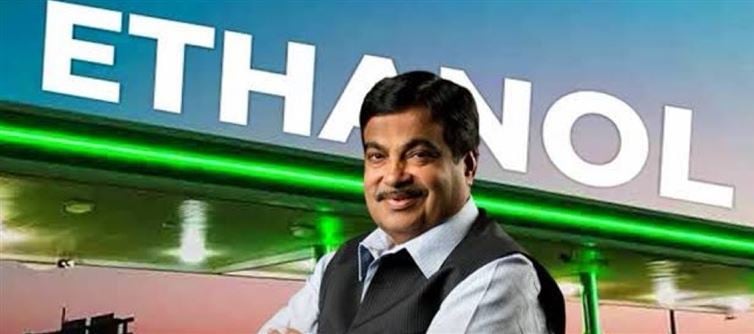
Entities such as Purti Power and sugar Ltd, mahatma sugar and Power Ltd, Wainaganga sugar and Power Ltd, and Manas Agro are part of a larger network of companies under or associated with the Purti Group, which Gadkari founded. Public databases like Zauba Corp and The Company Check, as well as media outlets like Times of India, have documented these connections through directorships, shareholdings, and acquisitions.
This revelation raises uncomfortable questions about personal gain from public policy. While ethanol blending is promoted by the government as an eco-friendly initiative to reduce fossil fuel imports and carbon emissions, the fact that a key minister and his family reportedly have business interests in the ethanol supply chain casts a shadow over the integrity of the policy.
Ethanol, now blended up to 20% (E20) in petrol, has been criticized by consumers for causing reduced mileage and potential damage to older vehicles not designed for such high ethanol content. Yet, the policy continues to be aggressively implemented, leaving citizens with no choice at the fuel pump and increasingly suspicious about whose interests it truly serves.
As netizens put it bluntly, “This ethanol is being poured into your fuel tank by E-27 Gadkari—even if your car breaks down.” The frustration is palpable, with citizens left bearing the cost of engine inefficiencies and maintenance while politicians and their associates potentially profit. The optics are troubling: a policy touted as sustainable is becoming a vehicle for crony capitalism. And in the absence of transparency, accountability, or official clarification, the anger is only growing. people now see not just a failed fuel reform, but a rigged system where governance blurs with personal business, and political power shields itself behind silence.




 click and follow Indiaherald WhatsApp channel
click and follow Indiaherald WhatsApp channel